https://www.lifegate.it/indigeni-shuar-rame-ecuador-amazzonia
- |
“We Shuar are a warrior people, we inhabit the forest that descends from the slopes of the Cordillera del Condor Ecuadorian for thousands of years and we defend it staunchly:not even the Spaniards have ever managed to set foot in here.We know our territory well, its rivers, its plants and the spirits that inhabit it", Fanny, indigenous leader of the people, tells us Shuar Arutam, in his house surrounded by medicinal herbs and fruit plants where in the morning he burns wild garlic leaves to protect himself from evil spells.
We know our territory well, its rivers, its plants and the spirits that inhabit it
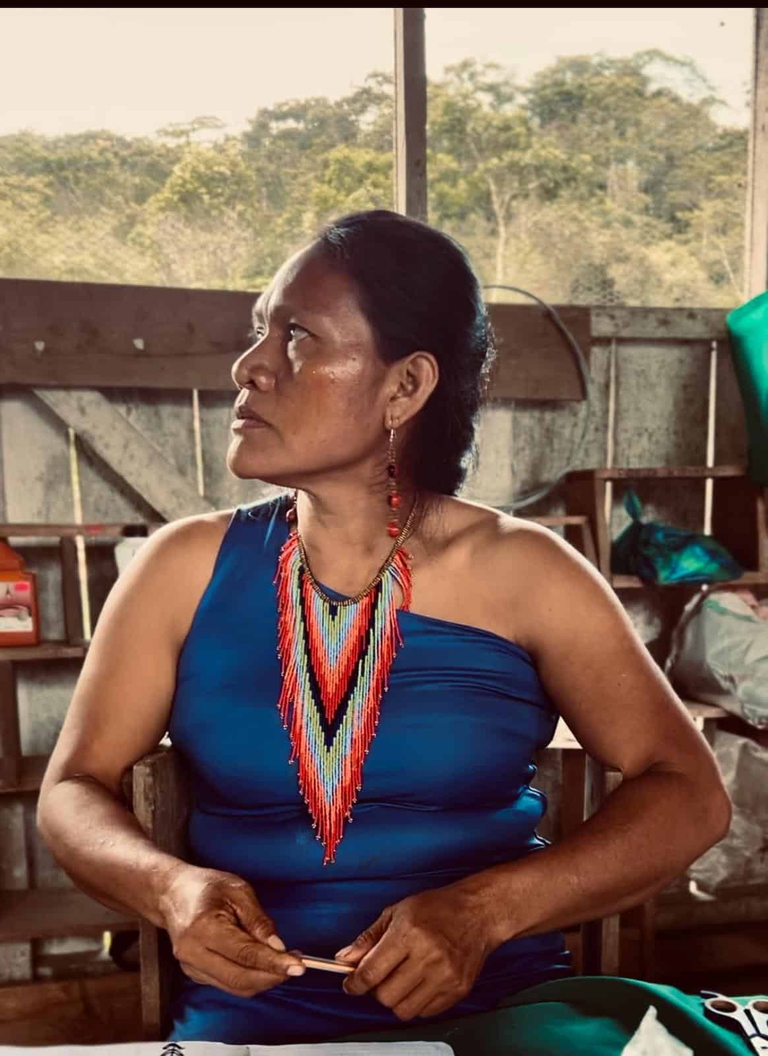
The Canadian giant and the "new alliance"
“For us Shuar elders, the forest and plants are the main source of life, our medicine and our food.Unfortunately for young people this is no longer the case:they have other ambitions, they aspire to the Western model, and they believe that the only way to achieve it is through business", continues Fanny.The presence of copper deposits in the Shuar territory it has in fact condemned entire communities to face the risks ofmining activity and, therefore, the pressures of government bodies and transnational companies.
In particular, Fanny refers to the Solaris Resources, a Canadian company managed by the US Augusta Group and listed on the Toronto and New York stock markets, which aims to open a copper mine in the heart of Shuar territory.The project, which takes the name of “Warintza”, could boast an unrivaled extraction capacity on Ecuadorian territory with copper qualities "among the best in the world", as declared by the CEO of Solaris Daniel Earle during an interview.
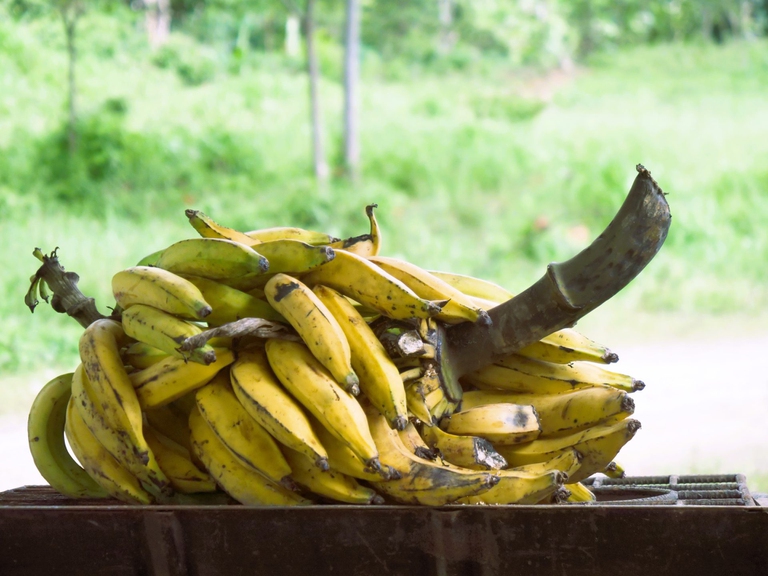
The Warintza project was born in 2003 within Solaris Copper Inc., which since its first attempts to settle on indigenous territory has clashed with a strong disagreement by the communities.In 2006, the company's helicopters were literally kicked out of the territory, and then-CEO David Lowell was forced to sign an agreement with Shuar leaders vowing never to appear again.
Thus, the sale of the Solaris Resources project and concessions began, operating in the area through its subsidiary Lowell Minerals Exploration Ecuador S.A, which for about thirteen years he kept the project dormant due to community opposition.In the 2019, the company is back on the scene with a new offering for the Shuar people: a strategic alliance.
“The strategic alliance seemed like the beginning of a new era, in which decisions would be made by communities and benefits shared equally and spread over time, but in the end it revealed itself for what it really was: yet another attempt to divide and deceive communities, taking advantage of our conditions of economic need and poor accessibility to services", says Jaime Palomino, president of Psha (Pueblo Shuar Arutam), during an interview in his office in Sucuà.In fact, only two communities were chosen as "beneficiaries" in the model, Yawi And Warints, the closest to the deposit, violating any internal hierarchy of the Shuar people, where those who make political and territorial decisions are the Fisch (Inter-Provincial Federation of Shuar Communities), at the top, and the Psha organisation, second in order of importance.
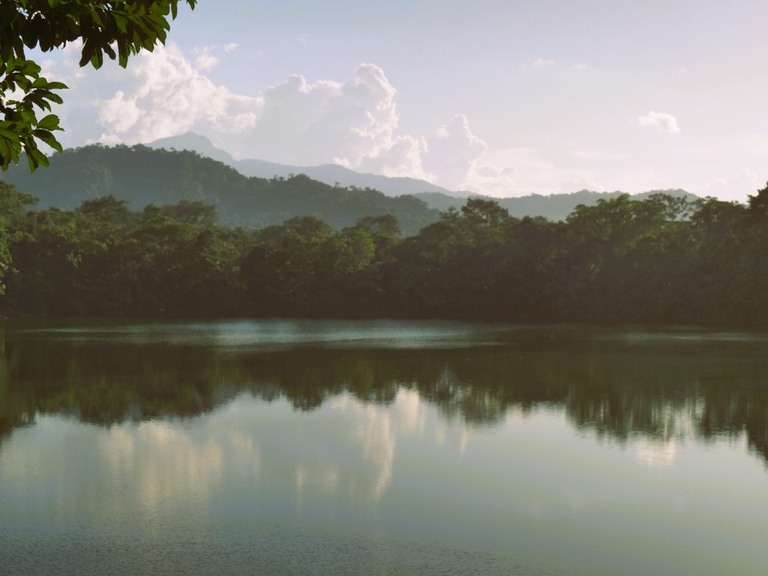
This generated strong conflicts between communities nearby, who were condemned to pay the consequences of the mining project without even obtaining economic benefits.Among these the community of Maikiuants did not hesitate to openly stand against the project and repudiate the agreements made by the Yawi and Warints communities, so much so that in 2021 the "indigenous guard" led by the women of Maikiuants blocked the access road to the project area setting trees and tires on fire and denying any form of dialogue with the company.
“These are strong measures, but we had no choice, it was the only way to make our neighbors and the company understand that Maikiuants was and is strongly anti-mining, and that we continue to be willing to do anything to keep our territory intact .Those from Yawi and Warintz got cars and money to spend on alcohol, especially the younger ones, but this is not what we mean by being Shuar, being Shuar for us means resist the invader”, says Fanny, sipping some chicha while sitting in a hammock.
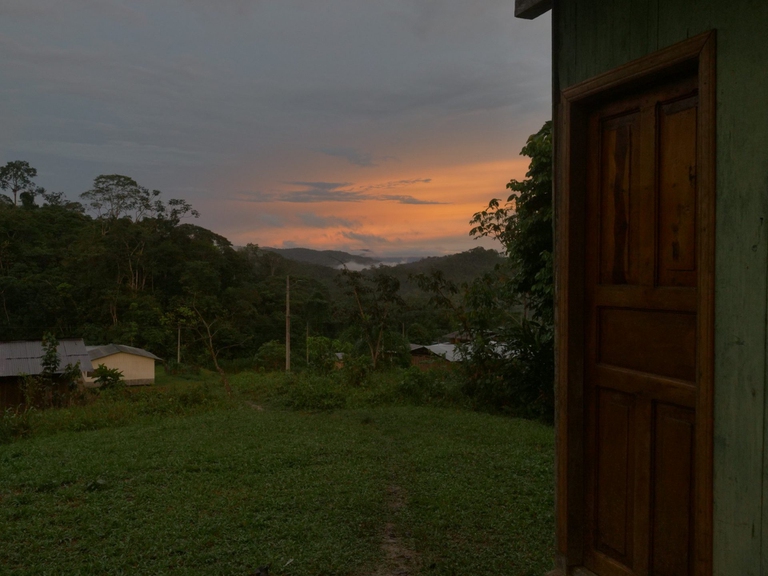
Copper fever
But why so much interest in copper?Moved by one pressing need to decarbonise the energy sources to cope with the climate crisis, many governments in the global north, and beyond, have put it at the top of their political agenda energy transition.In the mobility sector, this translates into the growing use of electric vehicles, in the mining sector in a new extractivist era justified by a "green" label.In fact, to meet the growing global demand for technologies for energy consumption And “green” mobility, there is a need for an intensive increase in the extraction of strategic metals and minerals such as lithium, The nickel, The cobalt and the copper.The latter in particular plays a fundamental role for some of its characteristics such as ductility, conductivity and efficiency, which make it essential for solar panel wiring, wind turbines, batteries and electric vehicles.
This pressing need translates intoincreased investment in mining projects globally.In recent years, Solaris Resources' Warintza project has attracted the interest of several shareholders, in particular from France, Switzerland, China and the United States, whose investments are necessary to continue the advanced exploration phase, which has recently begun, and subsequently that of extraction.
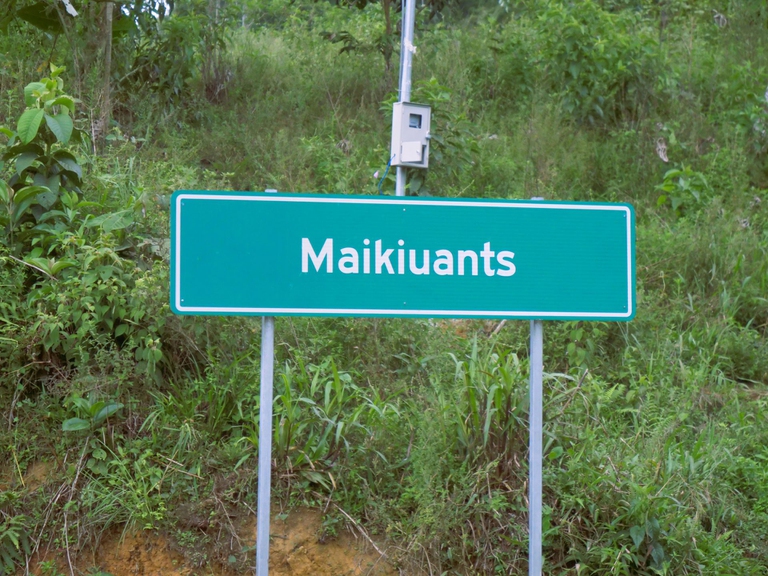
Possible environmental and social damage
“We don't know in detail how, but we are certain that the opening of the mine could cause irreparable damage to our health and that of the ecosystem, contaminating rivers and waterfalls, our chakras (vegetable gardens) and our animals,” he tells us. The indigenous leader Don Pinchu during an interview at the Psha headquarters, in the Maikiuants community.He's not entirely wrong:mines like that of Warintza inevitably imply a high rate of deforestation, for the excavations, camps and roads necessary for the transport of products.In addition to air and water contamination.
In Chile, for example, the villages near the copper mine of Chuquicamata they have an incidence of cancer high due to mercury and arsenic particulates emitted by industry.Not to mention the potential risks of collapse of toxic waste containment basins, which often hang like a guillotine over the heads of neighboring communities.Just think about the collapse of the two Brazilian dams Of Mariana in 2015 and Brumadinho in 2019 which caused the death of hundreds of people to raise serious questions about the project to build such an infrastructure in the heart of a biodiversity hot-spot like the Cordillera del Condor.Furthermore, to date no study was presented by Solaris on the suitability of the type of dam proposed in the site of interest.
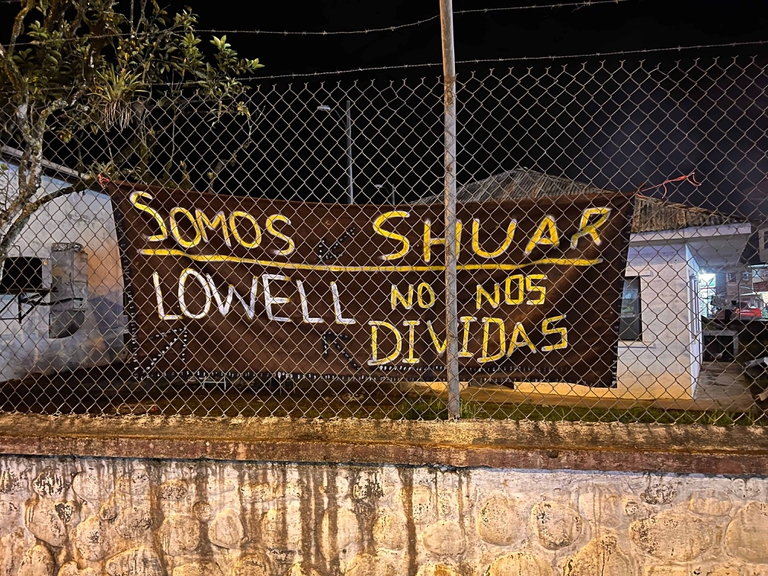
On a social level, as Fanny mentioned during the interview, the first "victims" of the mining project are the young people.The social division that the company wants to generate, and in fact is generating, is not only inter- and intra-community, but also intergenerational.The ambitions and desires of the new generations, inevitably conditioned by access to social networks and therefore by the Western model of life, aim to an economic gain which in that geographical context only a multinational company can guarantee.
This is how it is generated a detachment from the earth, from the territory and from the roots linguistic and cultural aspects of the Shuar tradition, which translates into perspectives divergent from those of previous generations for the future of the communities.“Young Shuar must become aware that in the long term Solaris will only bring poverty and misery, as long as we have the rivers to fish in and the forest that gives us its fruits we will be fine, better than we could be in the city.We don't have the luxuries and services they have in Quito but we have clean air, fertile land and we live in peace, this is what many young people don't understand and out of ambition they allow themselves to be bought by the company", he explains Freddy, one of the few young people still tied to the territory and its values and not seduced by the Western model of life.
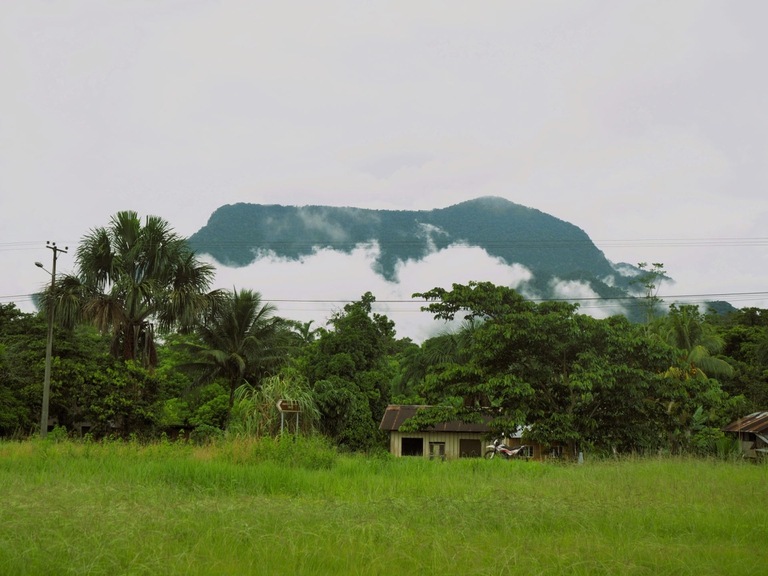
The Shuar resistance:from local to international
On May 21, 2024, the Augusta Group, the majority shareholder and parent company of Solaris, announced the agreement for the sale Of 35 million dollars in equity securities to several Canadian financial institutions to expand the Warintza project, purchase additional mining concessions and initiate additional drilling.
The agreement is awaiting approval from the competent authorities and the stock markets New York And Toronto, a phase that could worry the Solaris board of directors considering the recent victory of indigenous peoples regarding the agreement from 95 million dollars for the purchase of 15 percent of the shares by il Zijin Mining Group, a Chinese leader in the mining sector.
In fact, the Chinese giant's offer was blocked by the British Columbia Securities Commission (BCSC), the body that monitors transactions on the Canadian financial market, after a complaint by the Shuar opposition presented in March 2024.In this, Shuar leaders accused the company of lack of transparency regarding the community consultation and having falsely declared the majority consensus of the Shuar people, as confirmed by the International Labor Organization (ILO) of the United Nations.
Furthermore, thanks to these strong pressures, on 17 July 2024 Solaris shares reached their historic low, thus damaging the company's image and giving hope to Shuar leaders.
“The last five years of resistance by the Shuar people teaches the world that an energy transition on a global scale cannot and must not weigh on the shoulders of the indigenous and peasant peoples of the southern hemisphere", explains Nathaly Yepez, Amazon Watch lawyer and Psha ally, at the end of the interview in her office in Quito.“And they teach us that the north of the world cannot continue to put the supply of raw materials before the lives of human beings who live in the Amazon forest, regardless of the use made of such materials".
